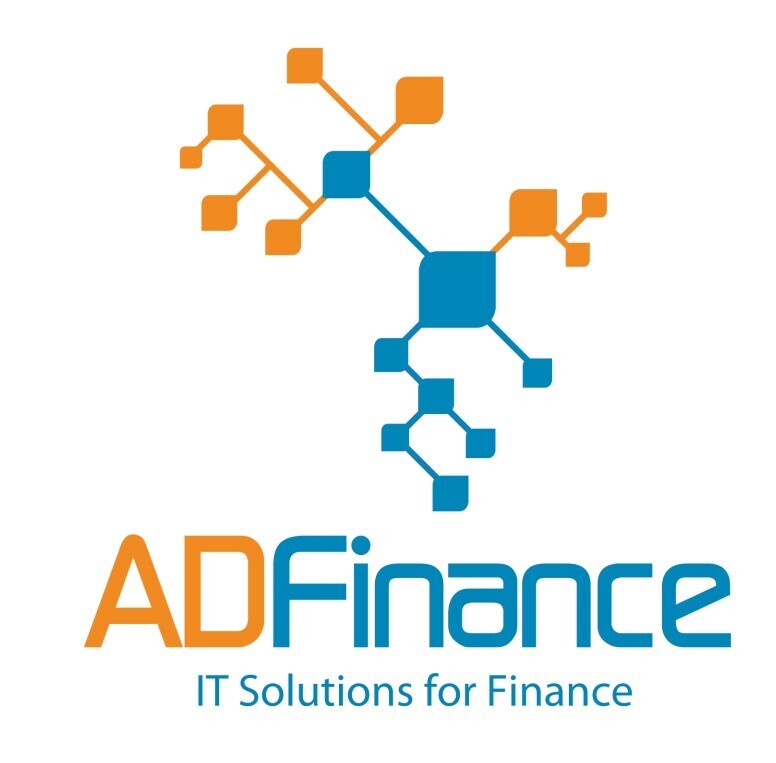Serving a diverse range of clients, from formal business corporations to individuals belonging to lending groups, presents a unique set of challenges. Among these challenges, ensuring compliance with “Know Your Customer” (KYC) requirements is paramount. The Customer Management Core Module serves as the linchpin in this endeavor, facilitating KYC processes that manage both formal entities and group members. In this article, we will delve into the critical importance of the Customer Management Core Module in microfinance, exploring how it aids in KYC compliance and streamlines operations.
The KYC Imperative in Microfinance
KYC is a crucial process in the microfinance sector, as it ensures the authenticity of clients and their compliance with regulatory requirements. Whether a microfinance institution (MFI) is serving a formal business, an informal lending group, or an individual borrower, understanding the client’s identity, background, and financial history is essential.
KYC compliance helps to mitigate risks, prevent fraud, and ensure that microfinance services reach the intended recipients. For MFIs, ensuring KYC compliance is not just a regulatory obligation; it’s a matter of maintaining trust, transparency, and accountability.
Managing a Diverse Client Base
One of the unique aspects of microfinance is the diversity of its clientele. Microfinance institutions cater to a wide spectrum of clients, including:
1. Formal Business Corporations: These could be small enterprises, startups, or established businesses looking for financial assistance.
2. Informal Lending Groups: These groups often comprise individuals who come together to access microloans collectively.
3. Individual Borrowers: Individuals who seek microloans for personal use or entrepreneurial ventures.
The challenge lies in accommodating this diverse clientele while ensuring strict KYC compliance.
The Role of the Customer Management Core Module
The Customer Management Core Module is a pivotal tool in the arsenal of microfinance institutions. It streamlines the KYC process by providing a centralized platform to collect, store, and manage client information. Here’s how it aids in KYC compliance:
1. Consolidation of Client Data
The module allows MFIs to consolidate client data efficiently. Whether it’s corporate documents, group membership records, or individual identification details, all the necessary information is stored in one place. This simplifies the KYC process and ensures that client data is easily accessible when needed.
Verification of Identities
Verifying the identity of clients is a fundamental aspect of KYC. The Customer Management Core Module enables MFIs to cross-verify client identities with official documents, such as government-issued IDs, business licenses, or group membership records. This verification process is essential for regulatory compliance.
3. Record Keeping and Documentation
For KYC compliance, record keeping and documentation are critical. The module facilitates the digitization of documents, making it easy to maintain records of client information, transactions, and interactions. This not only ensures compliance but also enhances operational efficiency.
4. Monitoring and Reporting
Continuous monitoring of client data and compliance is essential. The module provides tools for ongoing scrutiny, allowing MFIs to identify any discrepancies or anomalies that may indicate fraud or non-compliance. Reporting functionalities help in creating audit trails and reports for regulatory authorities.
5. Scalability and Flexibility
The Customer Management Core Module is designed to be scalable and flexible, accommodating the varying needs of microfinance institutions. Whether an MFI serves a handful of corporate clients or a vast network of individual borrowers, the module can adapt to the institution’s size and client base.
The Bigger Picture: Trust and Inclusivity
Beyond the immediate benefits of KYC compliance, the Customer Management Core Module contributes to building trust and inclusivity in microfinance. Clients, whether formal businesses or individuals from lending groups, gain confidence in the transparency and security of the financial services they receive.
Furthermore, KYC compliance ensures that microfinance remains a tool for financial inclusion. By serving a diverse clientele, microfinance institutions empower individuals and entities that may not have access to traditional banking services. This inclusivity is a core principle of microfinance, and the Customer Management Core Module is instrumental in making it a reality.
The Future of KYC in Microfinance
As technology continues to advance, the Customer Management Core Module is expected to become even more efficient and user-friendly. Integration with biometric verification, artificial intelligence, and blockchain technology may further enhance the KYC process, making it more secure and seamless.
The Customer Management Core Module plays a pivotal role in ensuring KYC compliance and managing the diverse clientele of microfinance institutions. It not only streamlines operations but also contributes to trust, transparency, and inclusivity in the microfinance sector. As microfinance continues to evolve, the module will remain a cornerstone in its commitment to financial empowerment and economic development.



